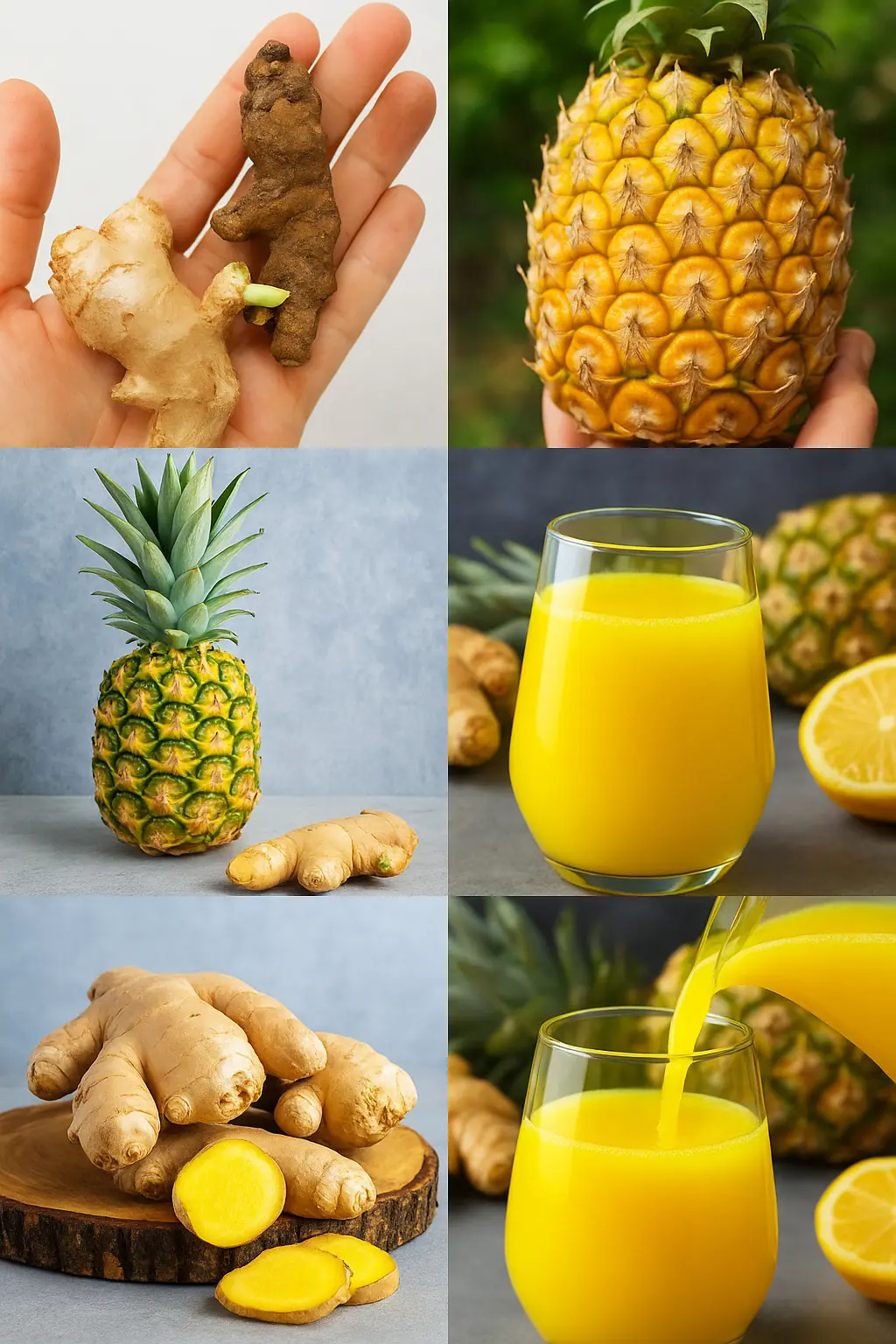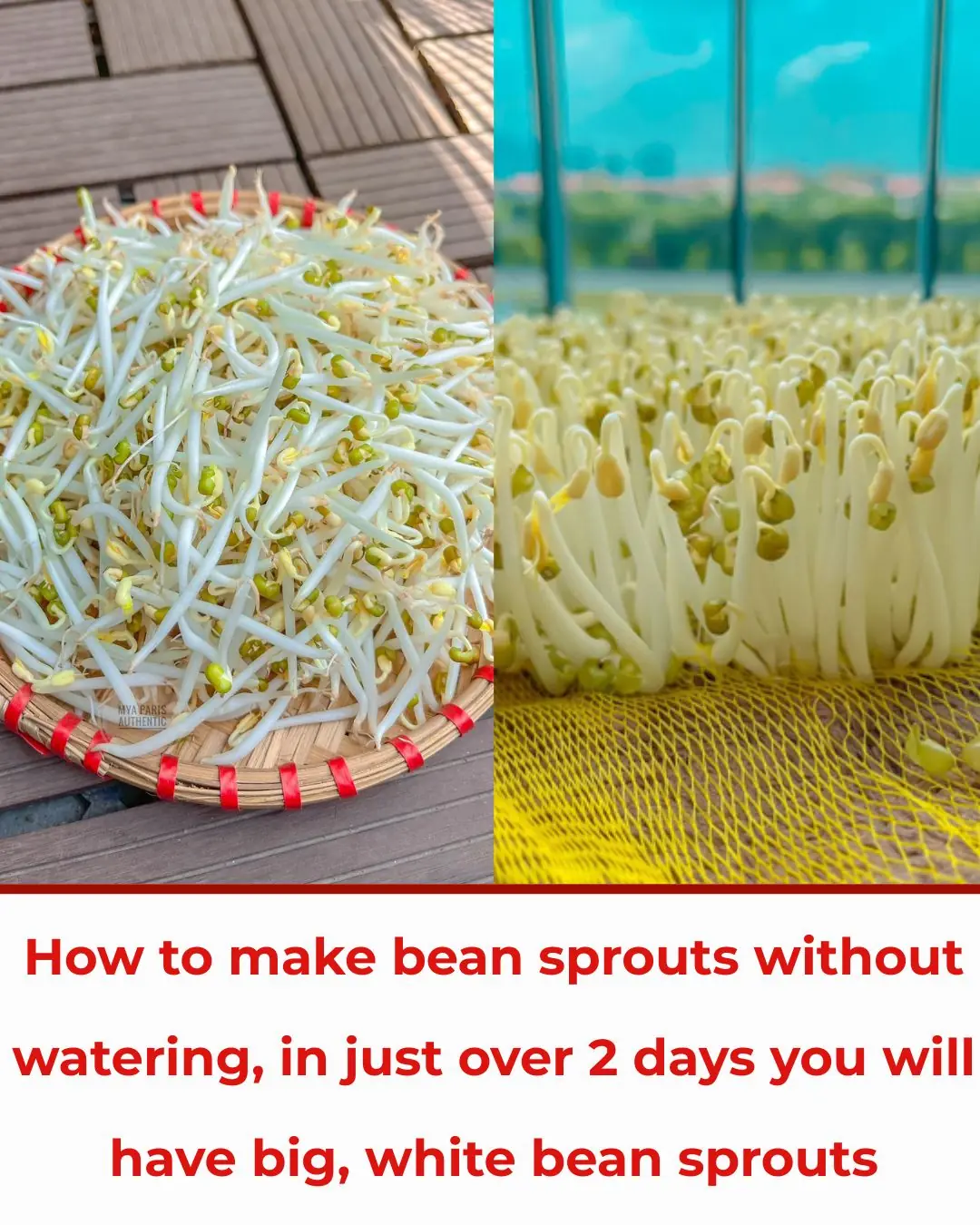
Stop believing these 10 things
In today’s information-saturated world, it’s surprisingly easy to fall prey to myths and misconceptions that have somehow been accepted as facts. While some of these myths are harmless, others can lead to wasted time, money, or even pose risks to our health. The key is to approach information critically, question what we hear, and seek evidence-based answers.
In this article, we’ll debunk eleven common misconceptions that many people still cling to. From food storage practices to everyday health beliefs, it’s time to separate fact from fiction and understand the science behind what we think we know.
1. Eggs Do Not Always Need Refrigeration
In many countries, particularly in Europe, eggs are often stored at room temperature. This is because eggs naturally have a protective coating called the cuticle that helps prevent bacteria from entering. In contrast, in the United States, eggs are washed to remove this coating, which makes refrigeration necessary to avoid contamination. However, if you buy fresh, unwashed farm eggs, they can safely remain at room temperature for a week or more. Always consider the source of your eggs and local guidelines before deciding on storage methods. Proper storage ensures safety without unnecessarily using refrigerator space.
2. Olive Oil Should Be Stored in the Dark
It’s true that olive oil is sensitive to light, which can cause oxidation and degrade its flavor and nutritional quality. However, complete darkness is not strictly necessary. Olive oil should be kept in a cool, dark place such as a pantry or cupboard, away from direct sunlight and heat sources. The ideal temperature range is 57–70°F (14–21°C). Using dark-tinted bottles can provide extra protection if you prefer keeping oil on your countertop for easy access. This simple step can significantly extend the oil’s freshness and prevent rancidity.
3. Separating Banana Stems to Slow Ripening
Many people believe that separating bananas will slow ripening by reducing the release of ethylene gas, a natural plant hormone that speeds up ripening. While ethylene plays a role in the process, separating bananas has minimal effect on ripening speed. Instead, you can slow down ripening by storing bananas in a cooler area and away from other fruits. Wrapping stems in plastic wrap can slightly reduce ethylene exposure, but the effect is modest. Ultimately, proper storage conditions are more important than breaking up the bunch.
4. Cheese Should Be Wrapped in Paper, Not Plastic
Cheese is a living food that benefits from air circulation to maintain its texture and flavor. Wrapping cheese in breathable materials such as wax paper or cheese paper is preferable to plastic, which traps moisture and can encourage mold growth. When storing cheese, wrap it tightly and place it in the refrigerator’s vegetable drawer, where humidity levels are more suitable. Doing so preserves its taste and extends shelf life, allowing you to enjoy the cheese as intended by its makers.
5. You Don’t Need to Drink Eight Glasses of Water a Day
The “eight glasses a day” rule is a simplistic recommendation that doesn’t account for individual needs. Water requirements vary based on body size, activity level, climate, and health conditions. Instead of following a fixed number, listen to your body’s cues and drink when thirsty. The Institute of Medicine recommends an average total daily water intake of about 3.7 liters (125 ounces) for men and 2.7 liters (91 ounces) for women, including all beverages and water from food. Hydration is best achieved through a combination of water, drinks, and water-rich foods like fruits and vegetables.
6. The Five-Second Rule Is a Myth
The idea that food dropped on the floor is safe if picked up within five seconds is more fiction than fact. Bacteria can transfer instantaneously upon contact with contaminated surfaces. The type of surface, moisture levels, and food composition all affect bacterial contamination. To minimize health risks, it’s safer to discard food that falls on the floor, particularly in public areas or places with high foot traffic.
7. Organic Food Is Not Always Healthier
While organic foods are grown without synthetic pesticides and fertilizers, the nutritional differences between organic and conventional produce are often minimal. Studies suggest that the health benefits of choosing organic are more about reducing pesticide exposure and supporting sustainable farming practices than gaining extra nutrients. A balanced diet rich in fruits, vegetables, whole grains, and lean proteins is far more important than focusing exclusively on organic labels.
8. Cracking Knuckles Does Not Cause Arthritis
Cracking your knuckles does not cause arthritis, despite the common myth. The cracking sound comes from the release of gas bubbles in the joint fluid and is generally harmless. Long-term knuckle cracking might reduce grip strength slightly but does not lead to joint disease. So, while it may annoy others around you, your joints aren’t at risk—moderation is just a courtesy to your friends.
9. Swimming After Eating Does Not Cause Cramps
The belief that swimming after a meal leads to cramps likely comes from the idea that digestion diverts blood away from muscles. In reality, the body can adequately supply blood to muscles even during digestion. While it’s wise to start gently if you’ve eaten a large meal, there’s no scientific reason to avoid swimming altogether. Enjoying your swim after a snack is perfectly safe for most people.
10. Goldfish Have Longer Memories Than You Think
Contrary to popular belief, goldfish do not have a three-second memory. Research shows that goldfish can remember things for weeks or even months. They can associate certain stimuli with feeding times, recognize owners, and learn simple tasks like navigating mazes. Providing an enriched environment with stimulation is important for their cognitive development and overall well-being.
11. Detox Diets Are Not a Quick Fix
Detox diets promise rapid weight loss and the removal of toxins from the body, but they are not scientifically supported. The human body naturally detoxifies itself through organs like the liver and kidneys. Restrictive detox diets can cause nutrient deficiencies and are unsustainable long-term. Instead, focus on a balanced diet, proper hydration, and regular exercise to support your body’s natural detox processes. Sustainable healthy habits are far more effective than trendy, short-term fixes.
In conclusion, many myths persist simply because they are widely repeated, not because they are true. By questioning conventional wisdom, seeking reliable sources, and understanding the science behind everyday practices, we can make smarter decisions for our health, food, and lifestyle. Knowledge is the best defense against misinformation—and it often saves both time and effort in the long run.
News in the same category


The 'immortality' vegetable grows wild in gardens and is extremely good for the lungs, but Vietnamese people dislike its strange smell so they rarely use it.
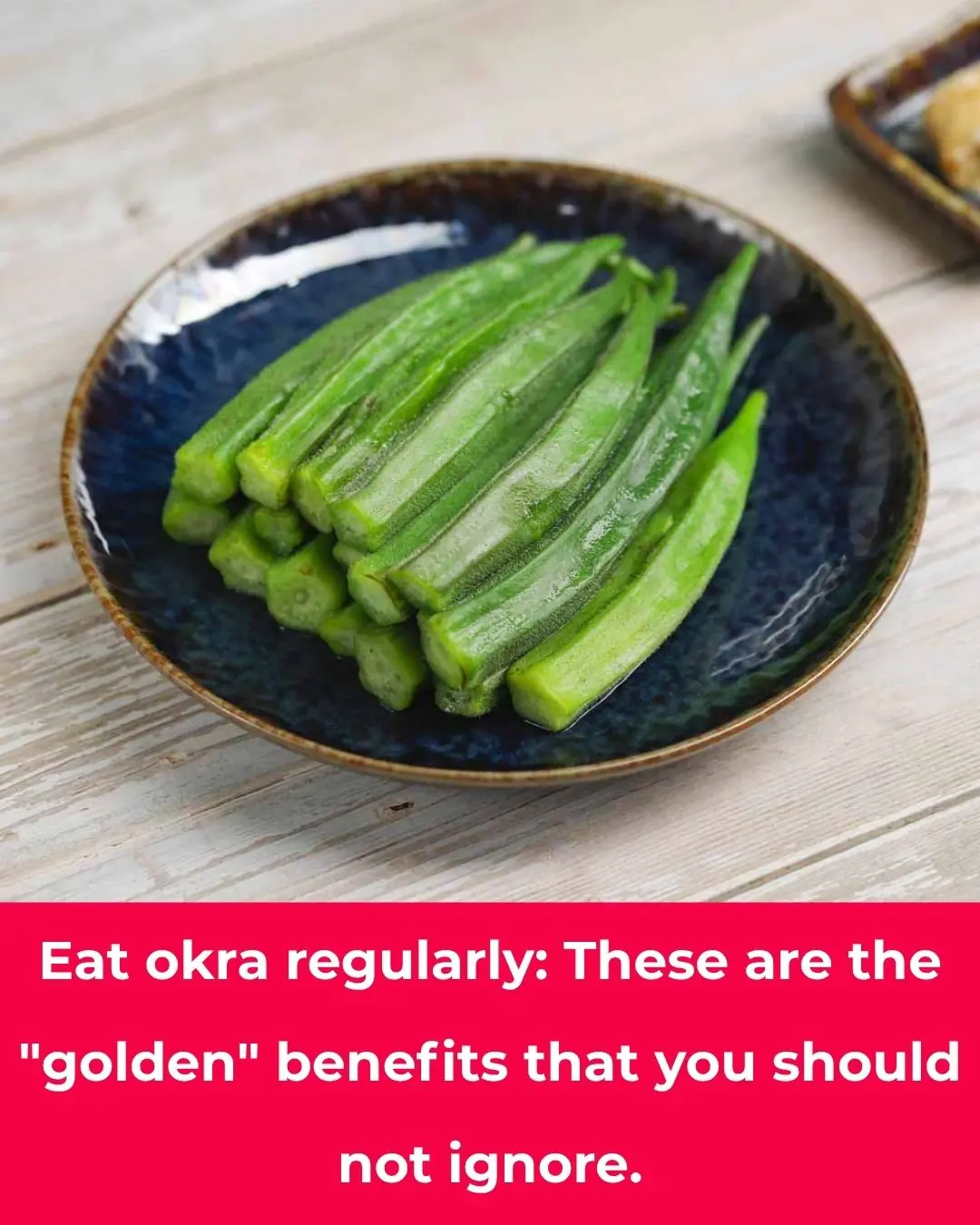
Eat okra regularly: These are the "golden" benefits that you should not ignore.
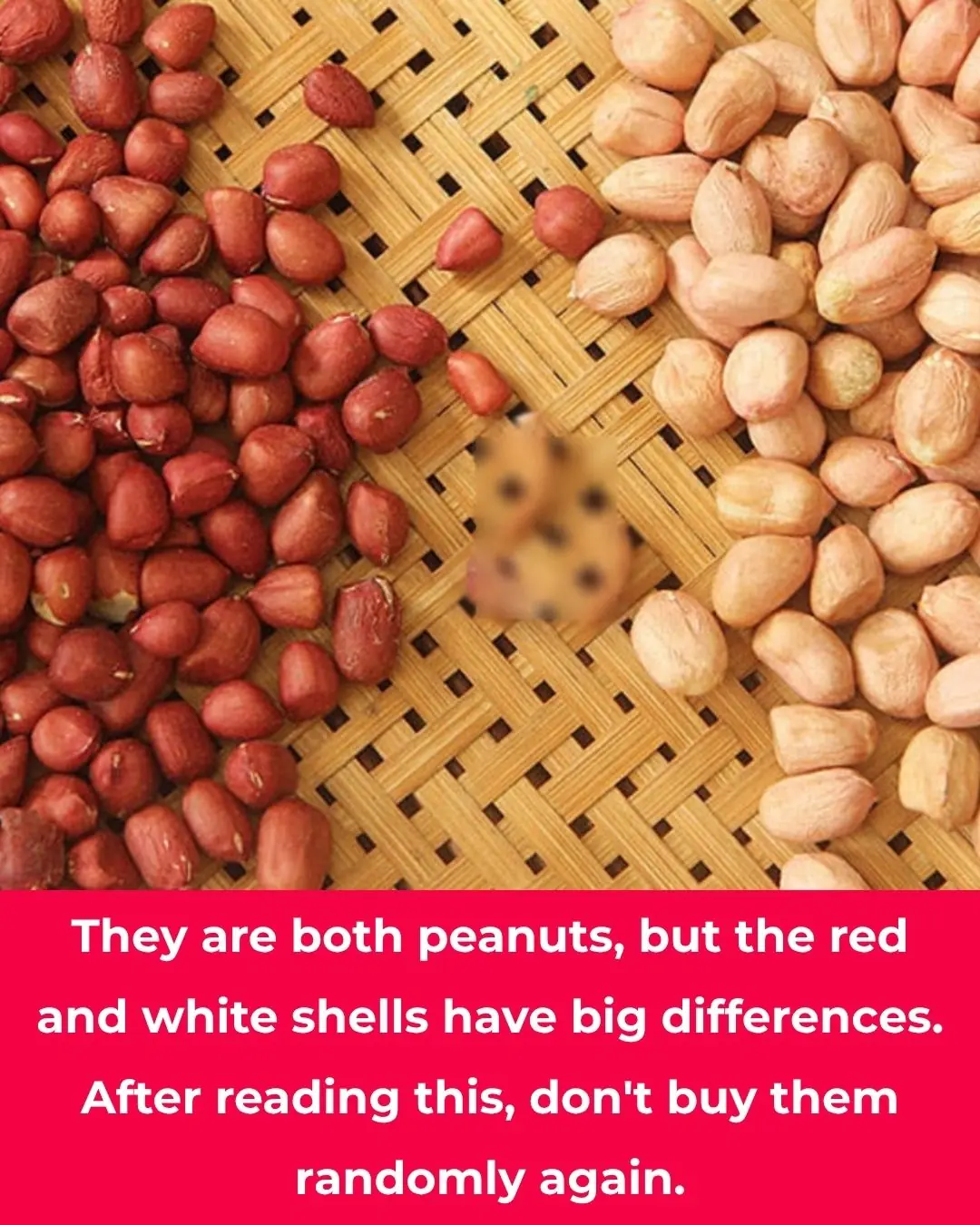
They are both peanuts, but the red and white shells have big differences. After reading this, don't buy them randomly again.
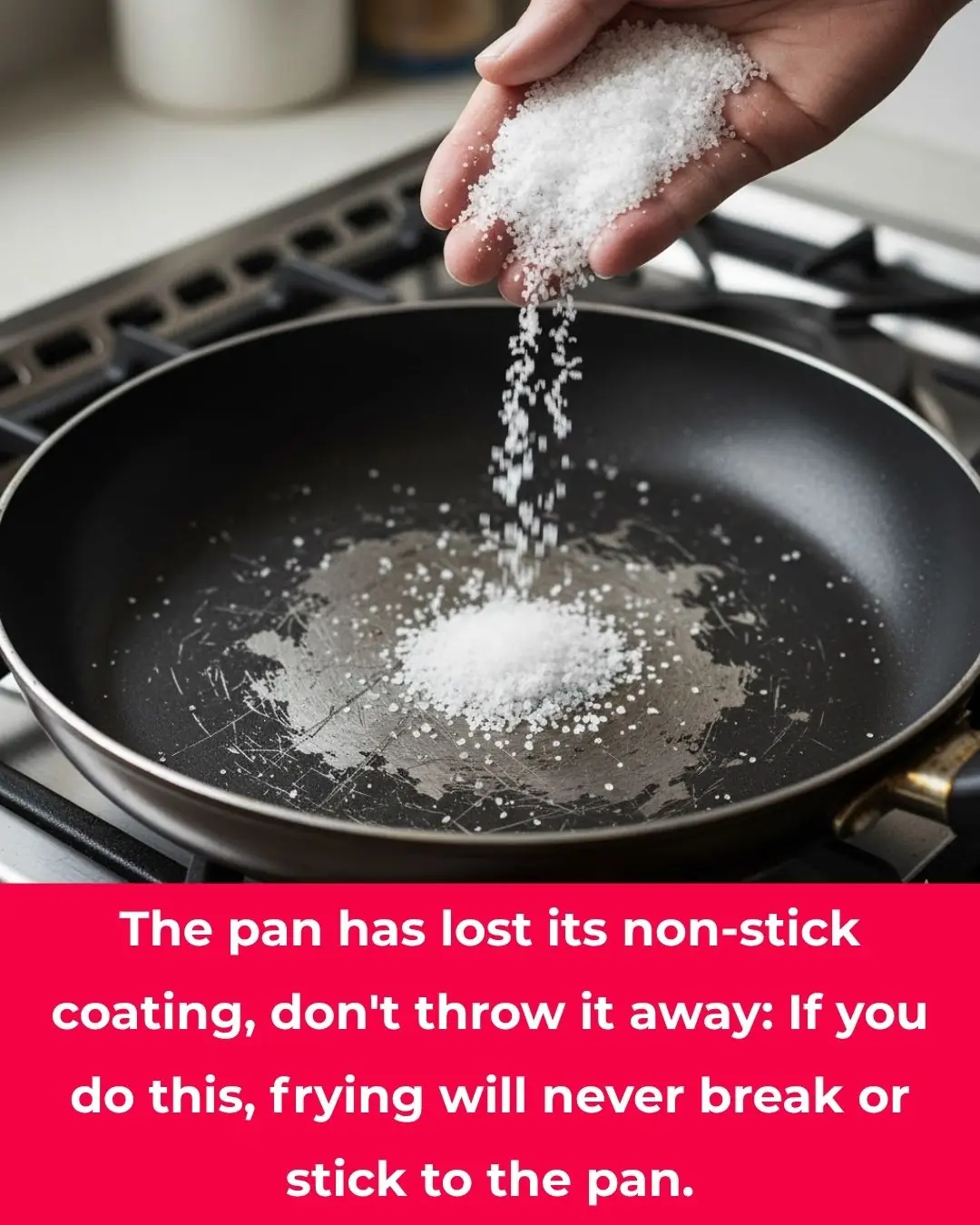
The pan has lost its non-stick coating, don't throw it away: If you do this, frying will never break or stick to the pan.
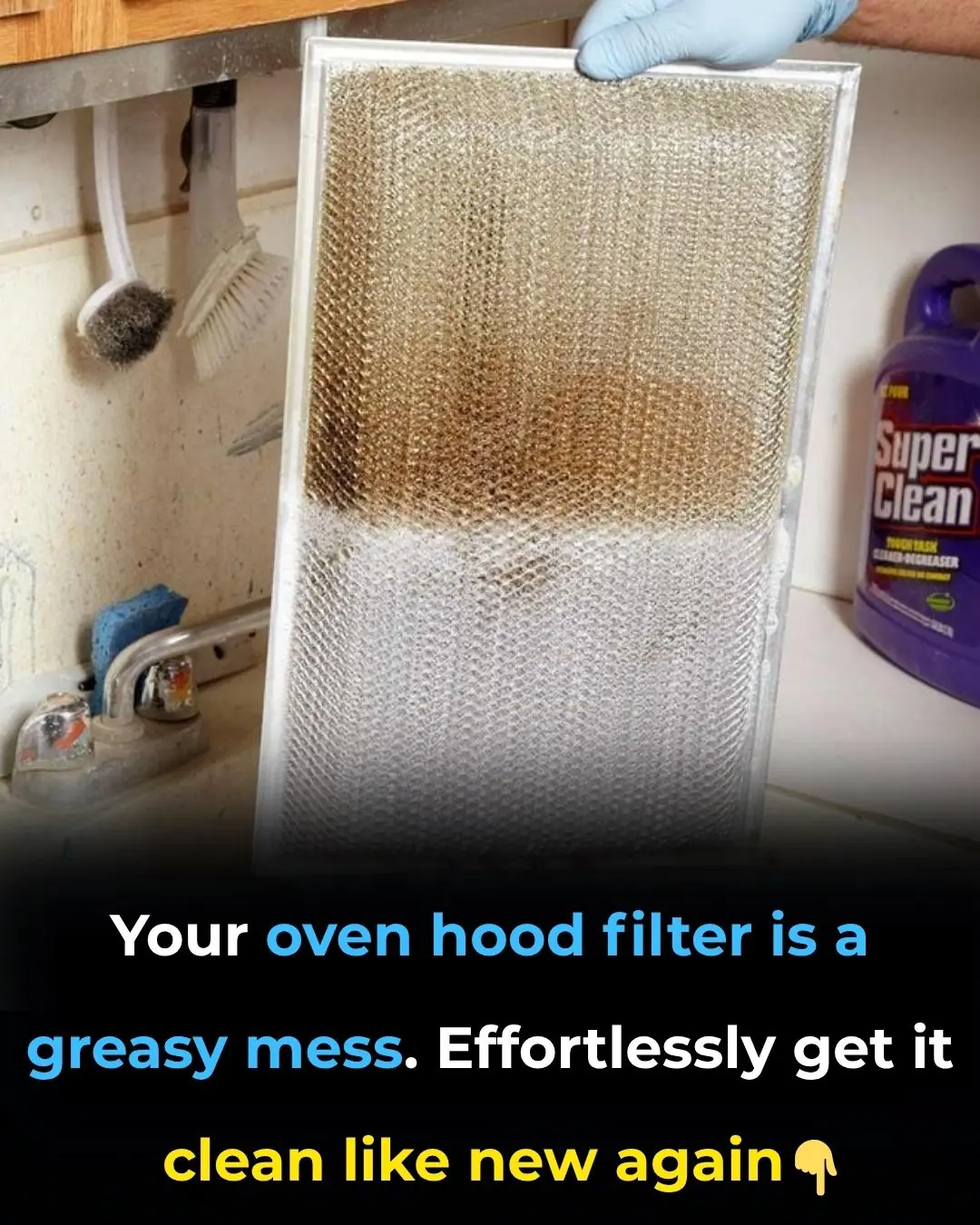
Your oven hood filter is a greasy mess. Effortlessly get it clean like new again
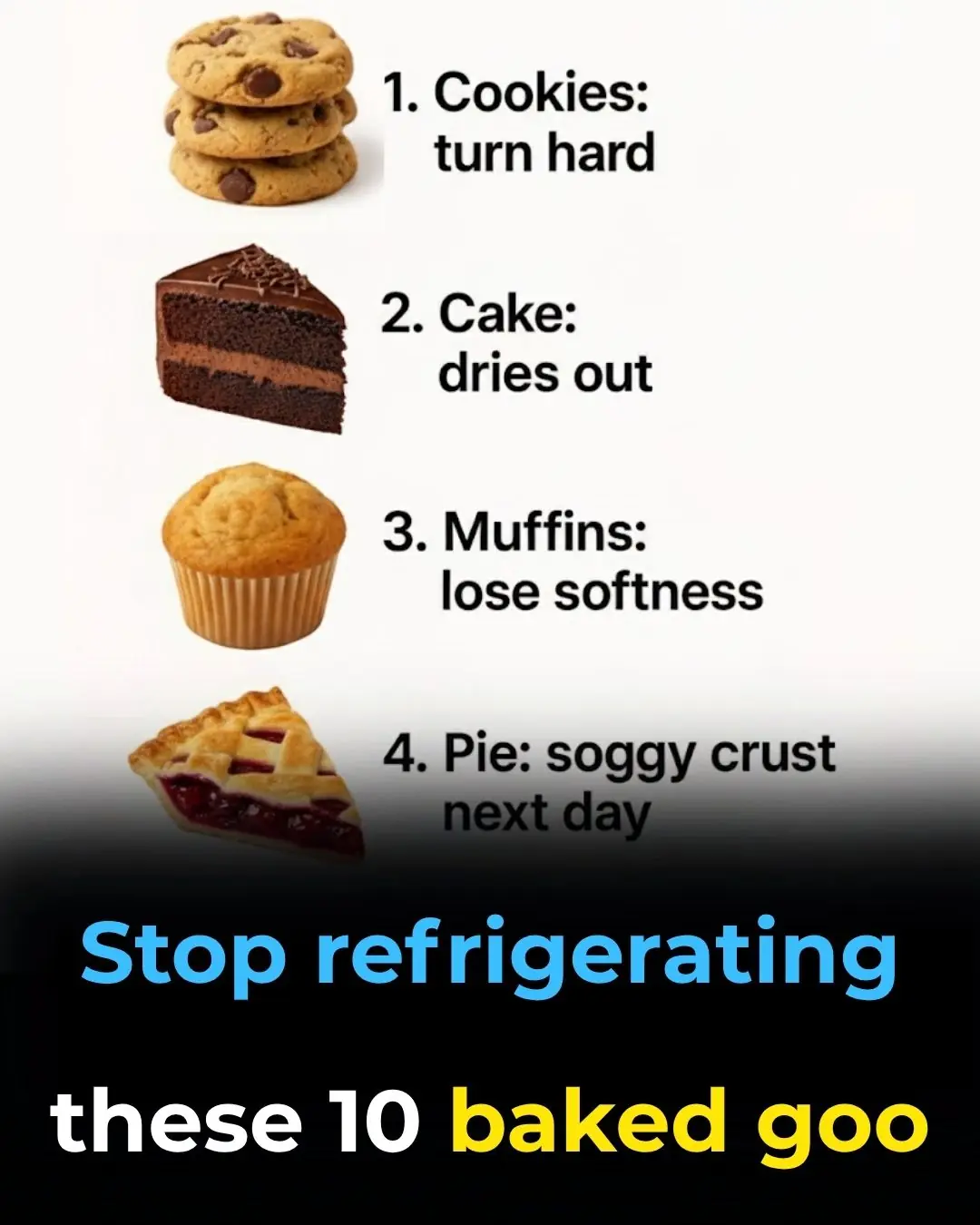
Stop refrigerating these 10 baked goods
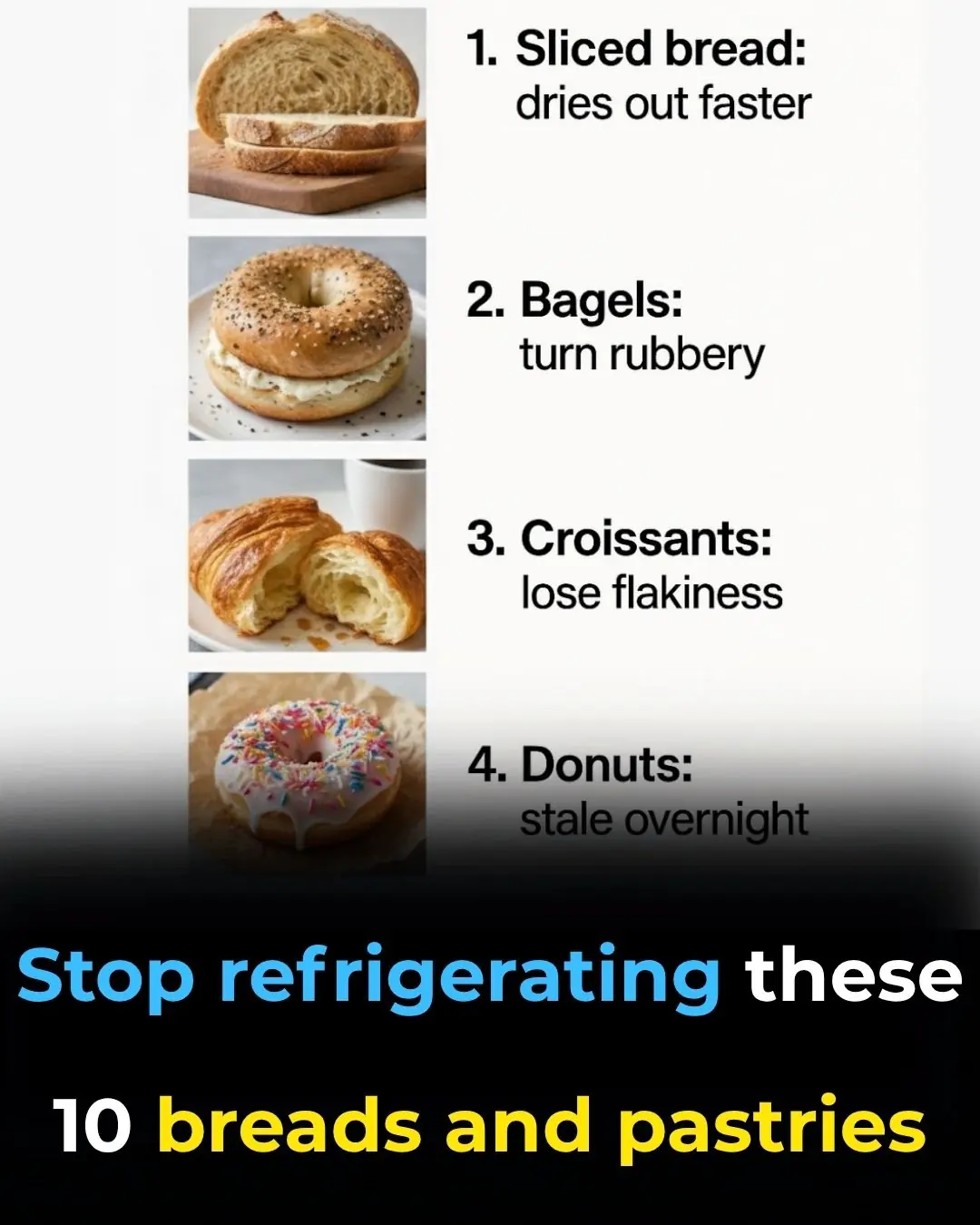
Stop refrigerating these 10 breads and pastries
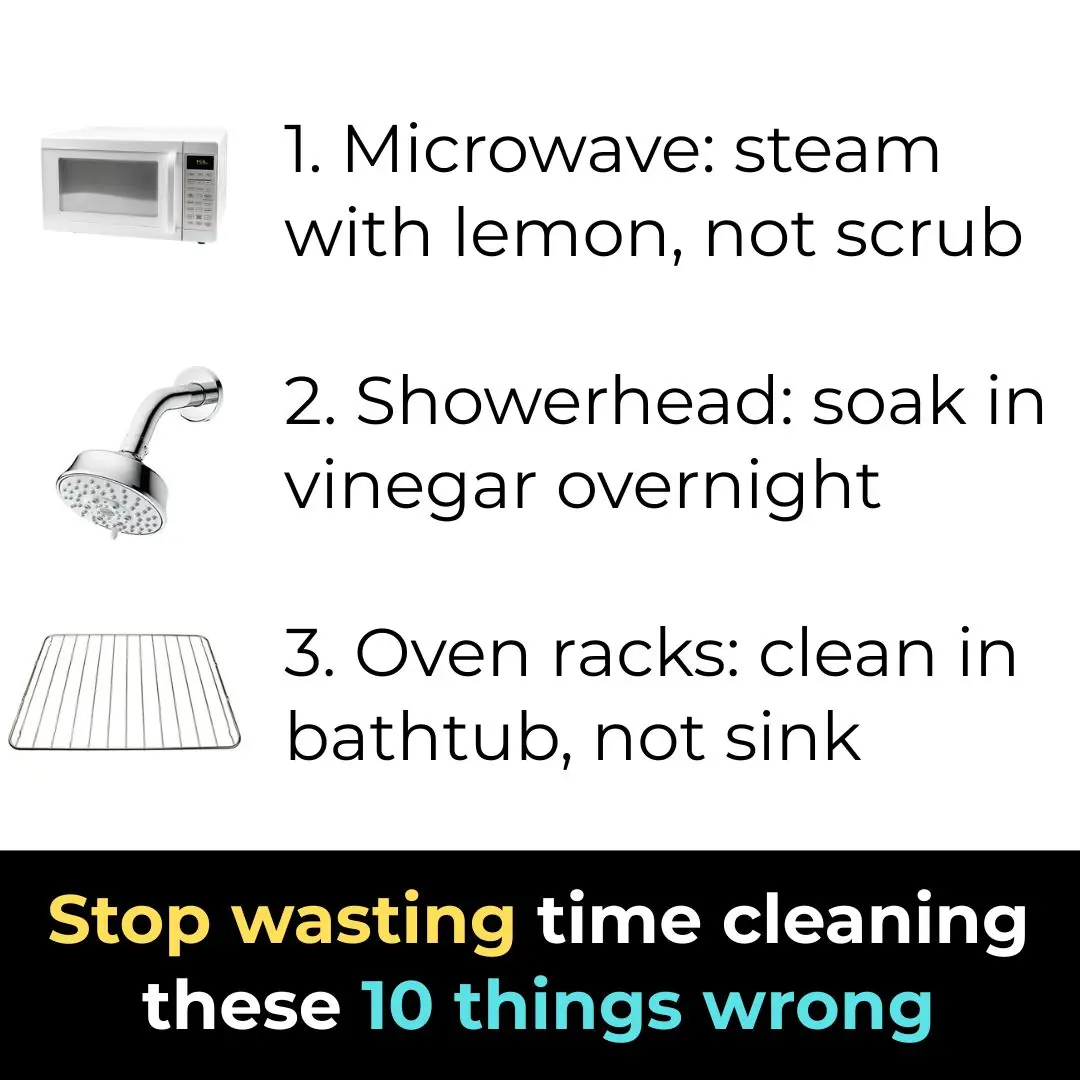
Stop wasting time cleaning these 10 things wrong
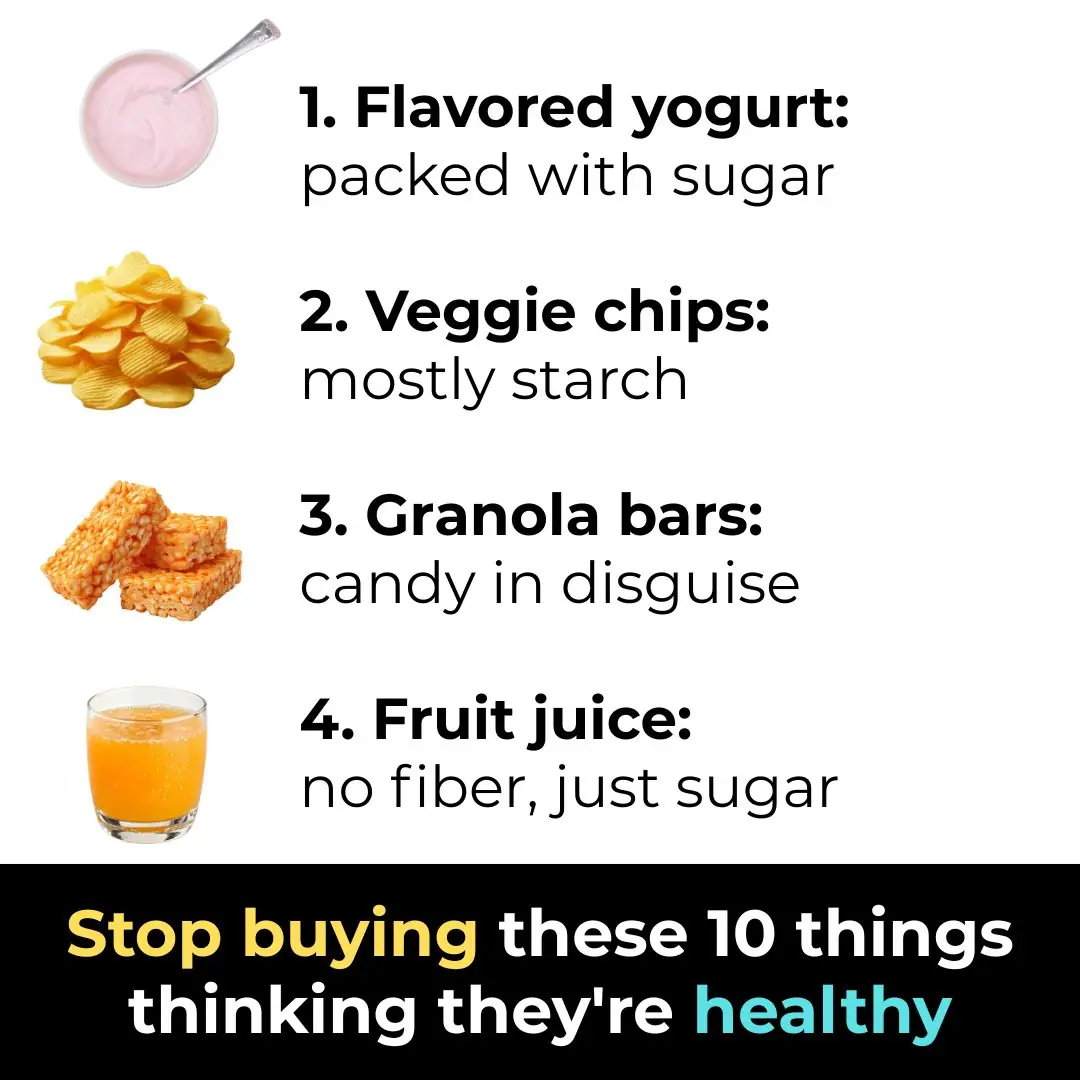
Stop buying these 10 things thinking they're healthy
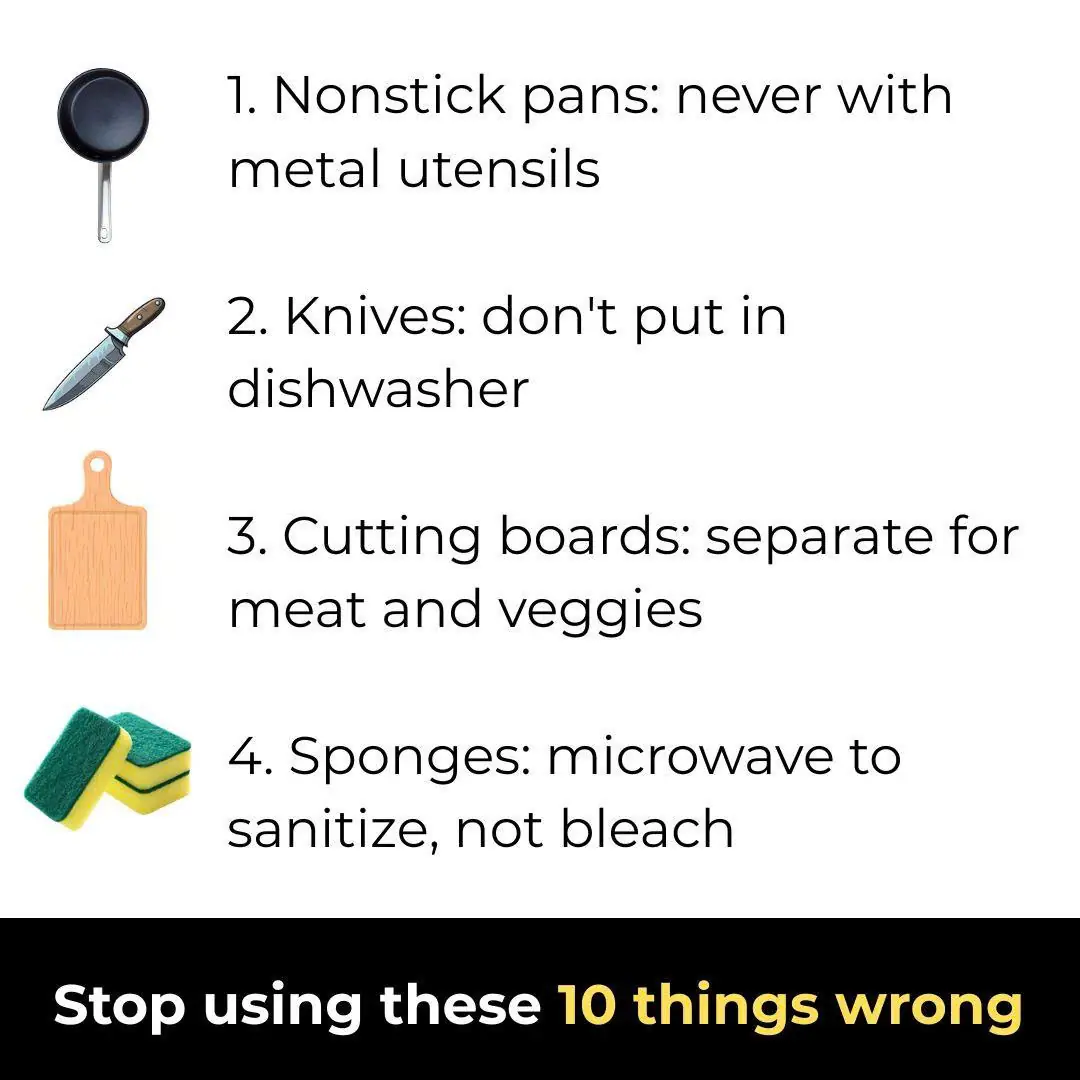
Stop using these 10 things wrong

When buying duck eggs, should you choose “white shell” or “green shell”? Sellers reveal a method that only insiders know
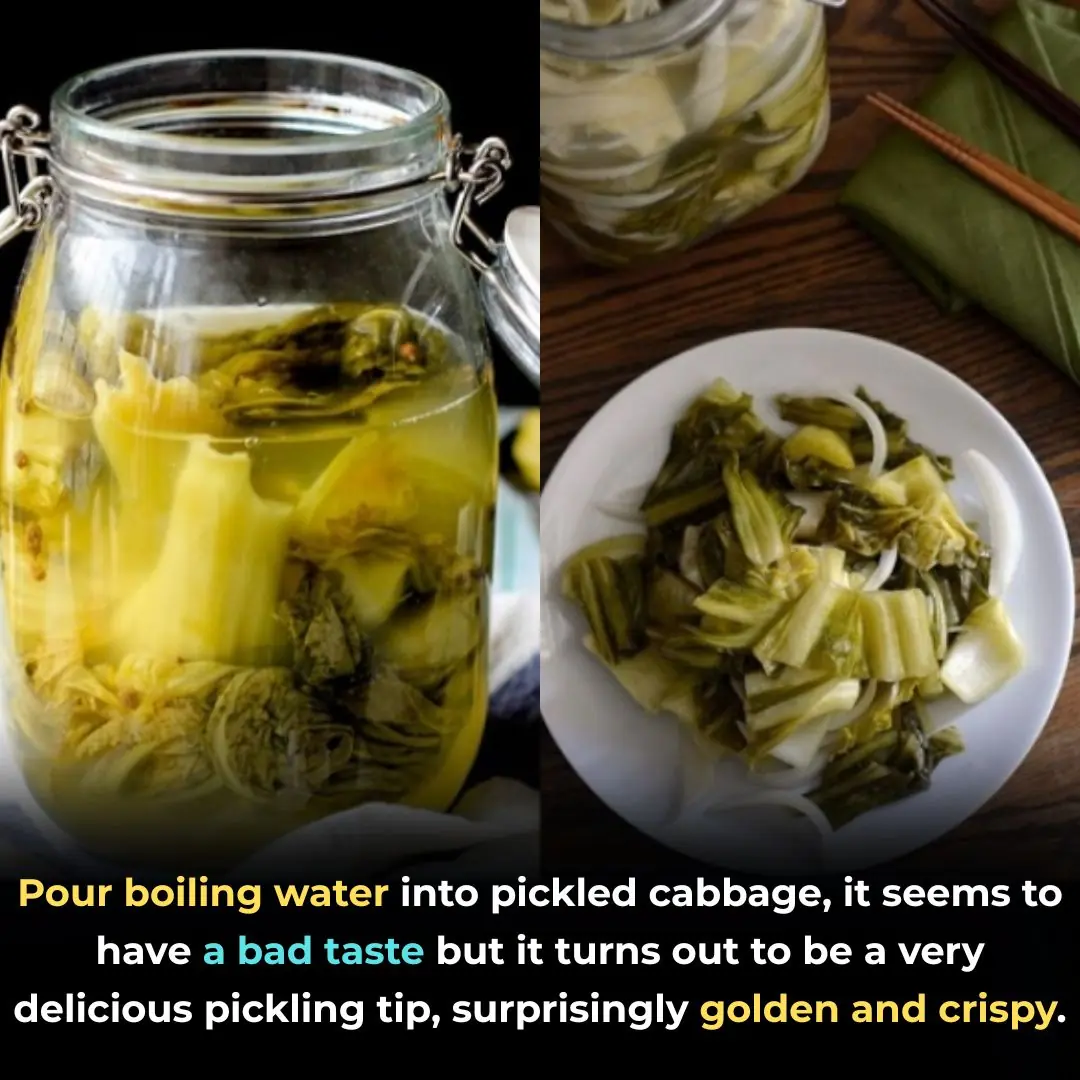
Pour boiling water into pickled cabbage, it seems to have a bad taste but it turns out to be a very delicious pickling tip, surprisingly golden and crispy.
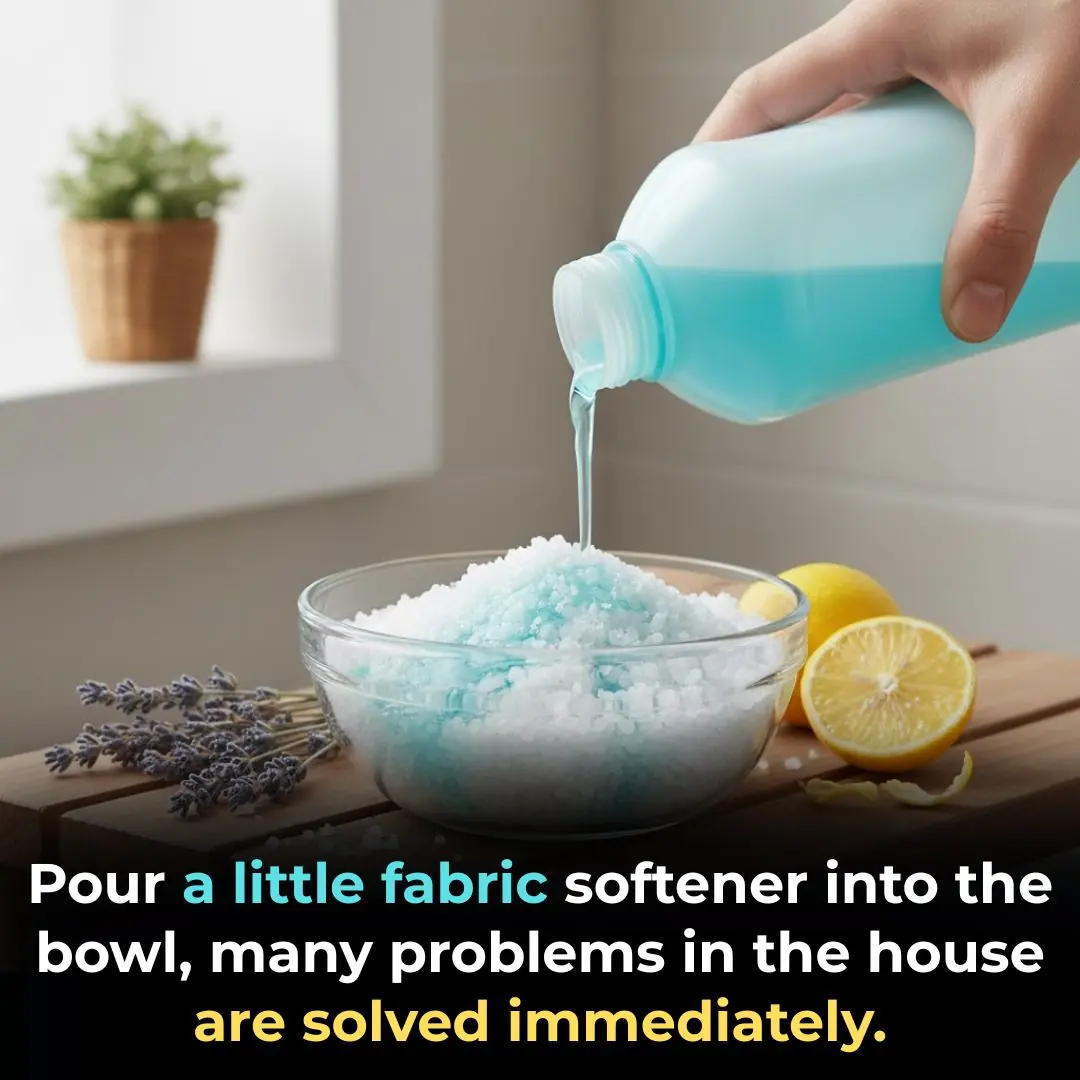
Pour a little fabric softener into the bowl, many problems in the house are solved immediately.
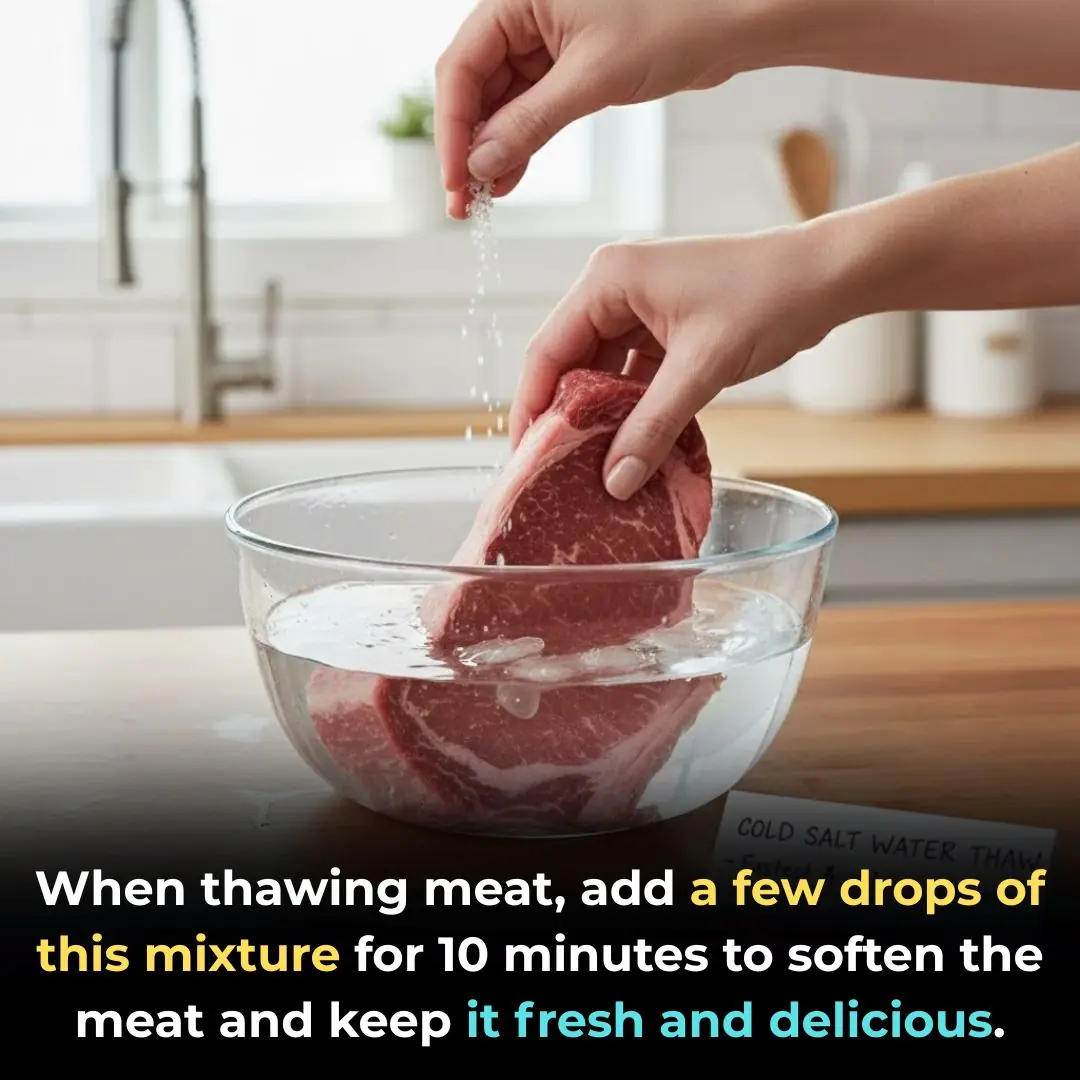
When thawing meat, add a few drops of this mixture for 10 minutes to soften the meat and keep it fresh and delicious.

When arranging roses, don't just use plain water. Add a few drops of this and the flowers will bloom. After 10 days, they will still not be fresh.
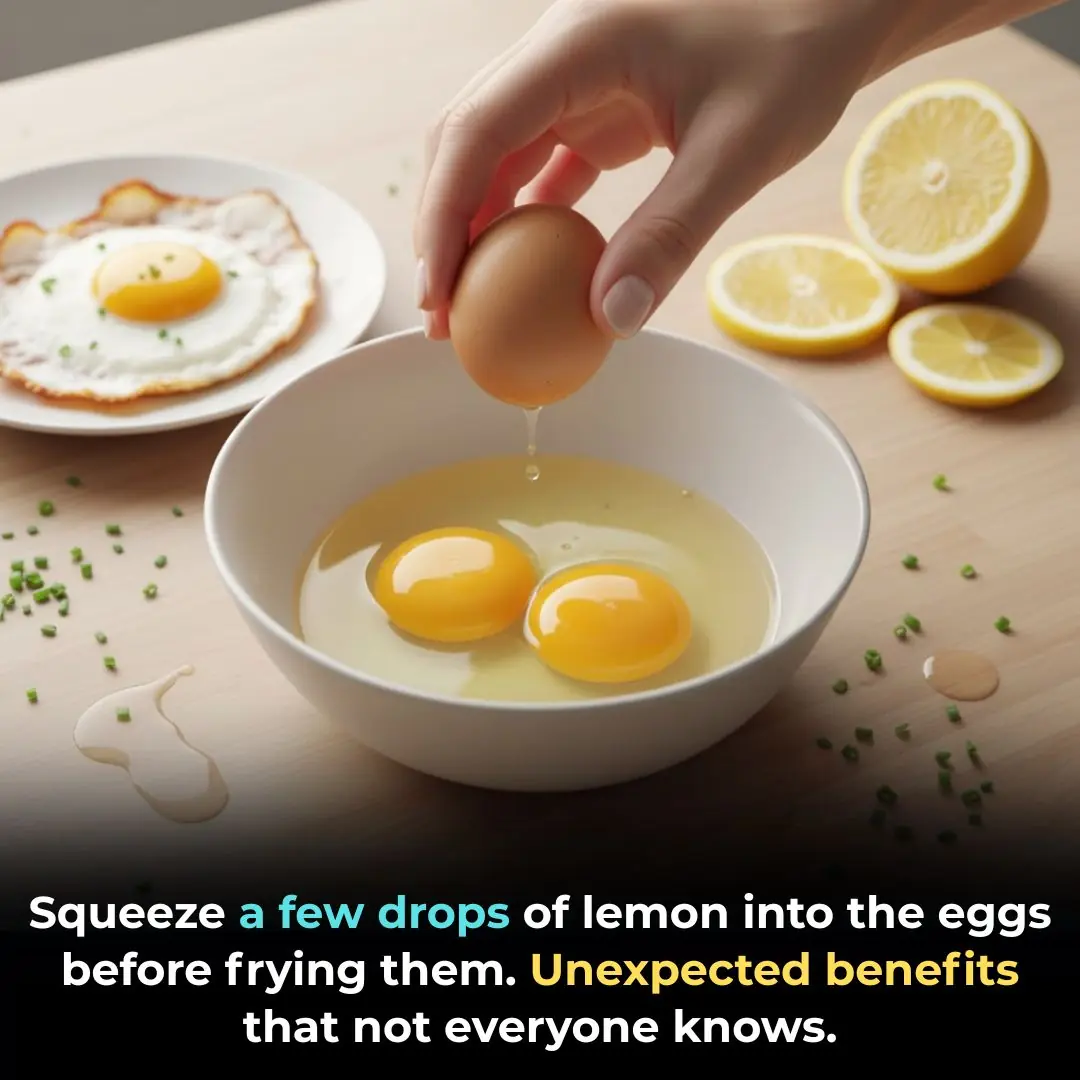
Squeeze a few drops of lemon into the eggs before frying them. Unexpected benefits that not everyone knows.
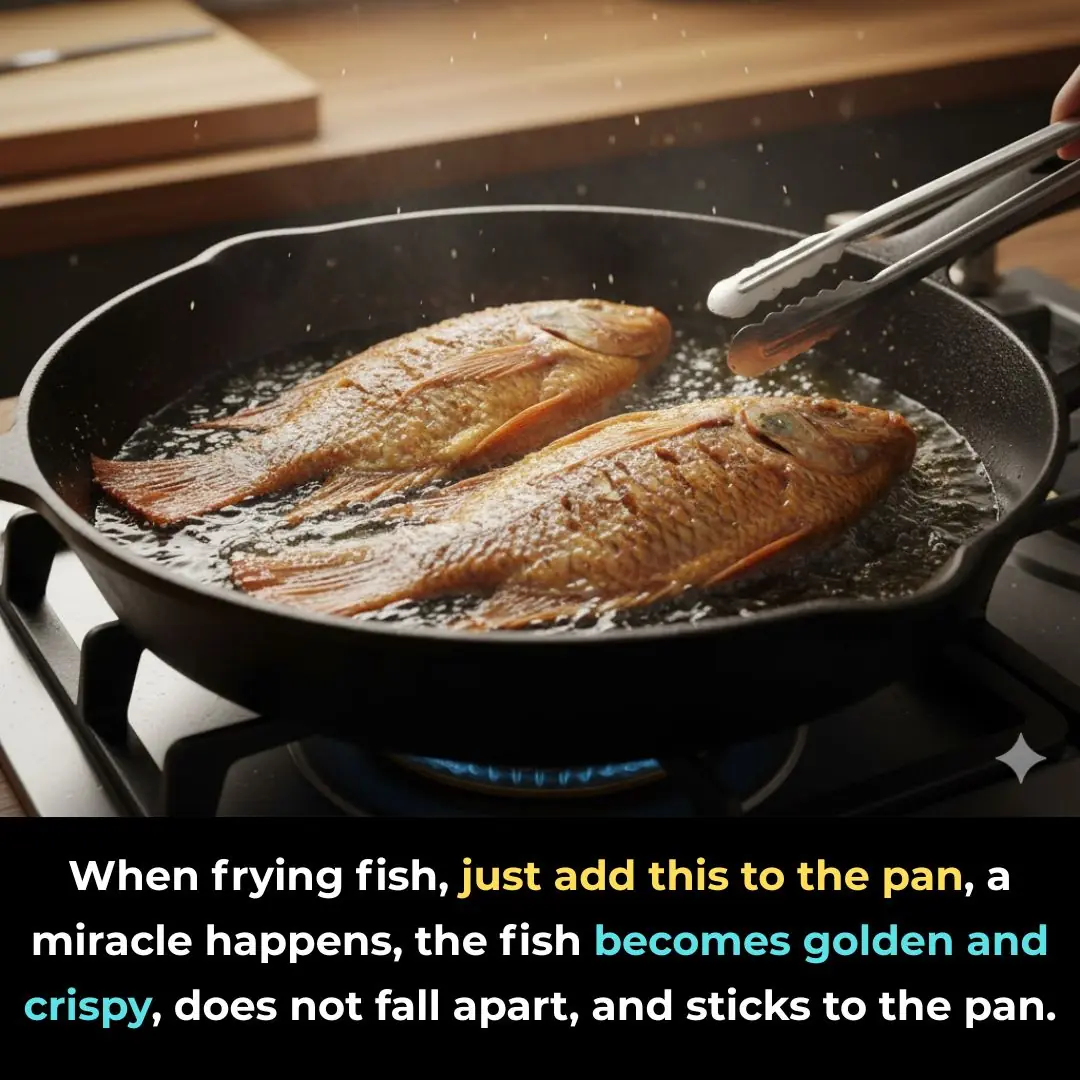
When frying fish, just add this to the pan, a miracle happens, the fish becomes golden and crispy, does not fall apart, and sticks to the pan.

No way, I was so out of the loop here
News Post

How to make bean sprouts without watering, in just over 2 days you will have big, white bean sprouts

The 'immortality' vegetable grows wild in gardens and is extremely good for the lungs, but Vietnamese people dislike its strange smell so they rarely use it.

Eat okra regularly: These are the "golden" benefits that you should not ignore.

They are both peanuts, but the red and white shells have big differences. After reading this, don't buy them randomly again.

The pan has lost its non-stick coating, don't throw it away: If you do this, frying will never break or stick to the pan.

Your oven hood filter is a greasy mess. Effortlessly get it clean like new again

Stop refrigerating these 10 baked goods

Stop refrigerating these 10 breads and pastries

The Day My Daughter Taught a Stranger What Beauty Really Means.
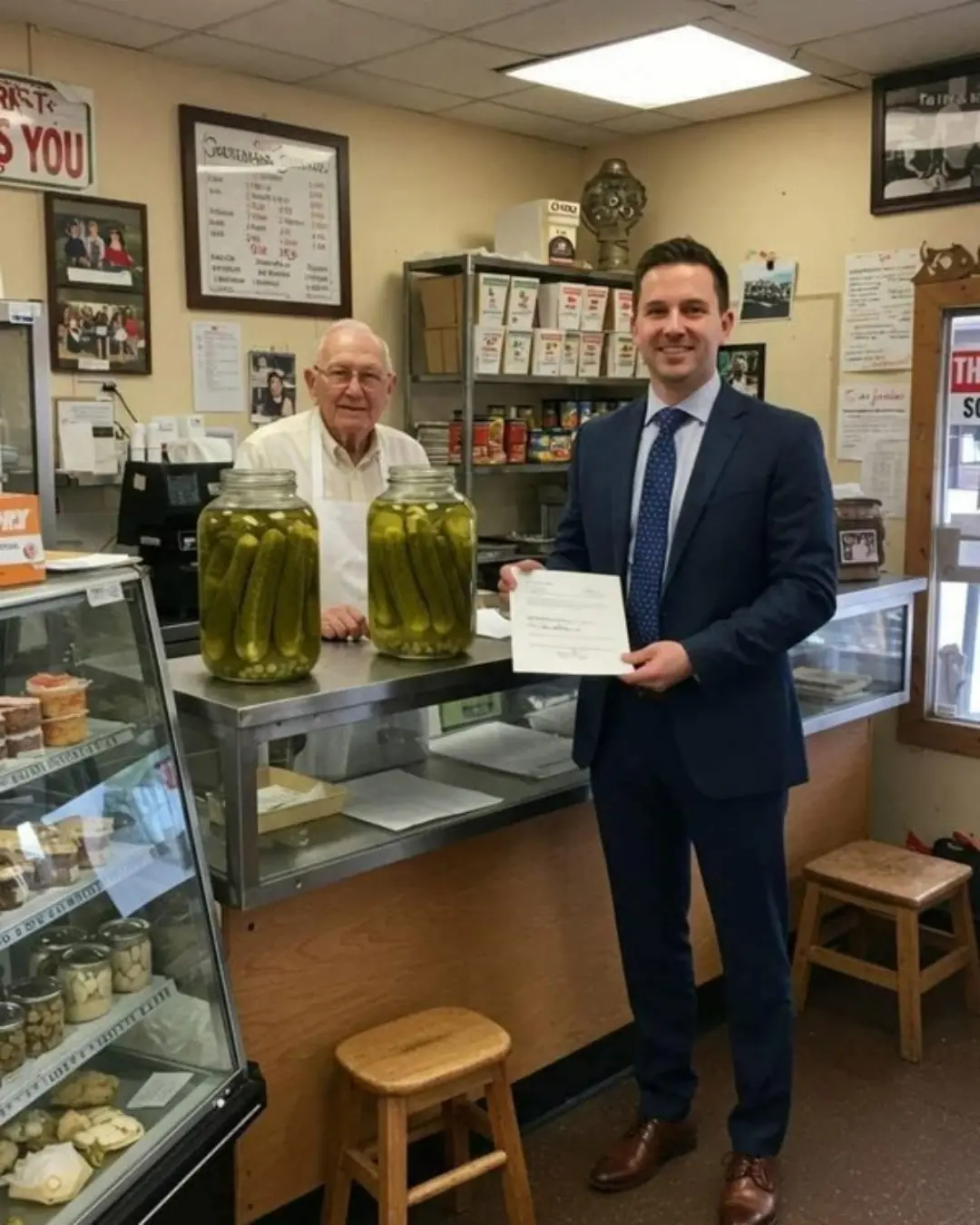
The Pickle Jar That Fed a Heart.

Kim Kardashian reveals how North reacted to backlash over fake tattoos and piercings

A Mother’s Struggle: The Elephant Who Wouldn’t Give Up.

“Roll Tide, Roll On”: The Courage of Officer Justin Beal

Danniella Westbrook declares she’s ‘taking it one day at a time’ after hospitalisation

Clay’s Brave Heart: A Mother’s Journey Through Love, Loss, and Courage

Carter’s Journey: A Mother’s Heart in the Midst of Cancer, Faith, and Fear

15 stars we want to see on the Celebrity Traitors season 2 cast – Alison Hammond to Davina McCall

Felicity’s Brave Heart: A Journey Through Fear, Surgery, and Joy

A Mother’s Courage: Lia and Oscar’s Journey Through a Fragile Heart
